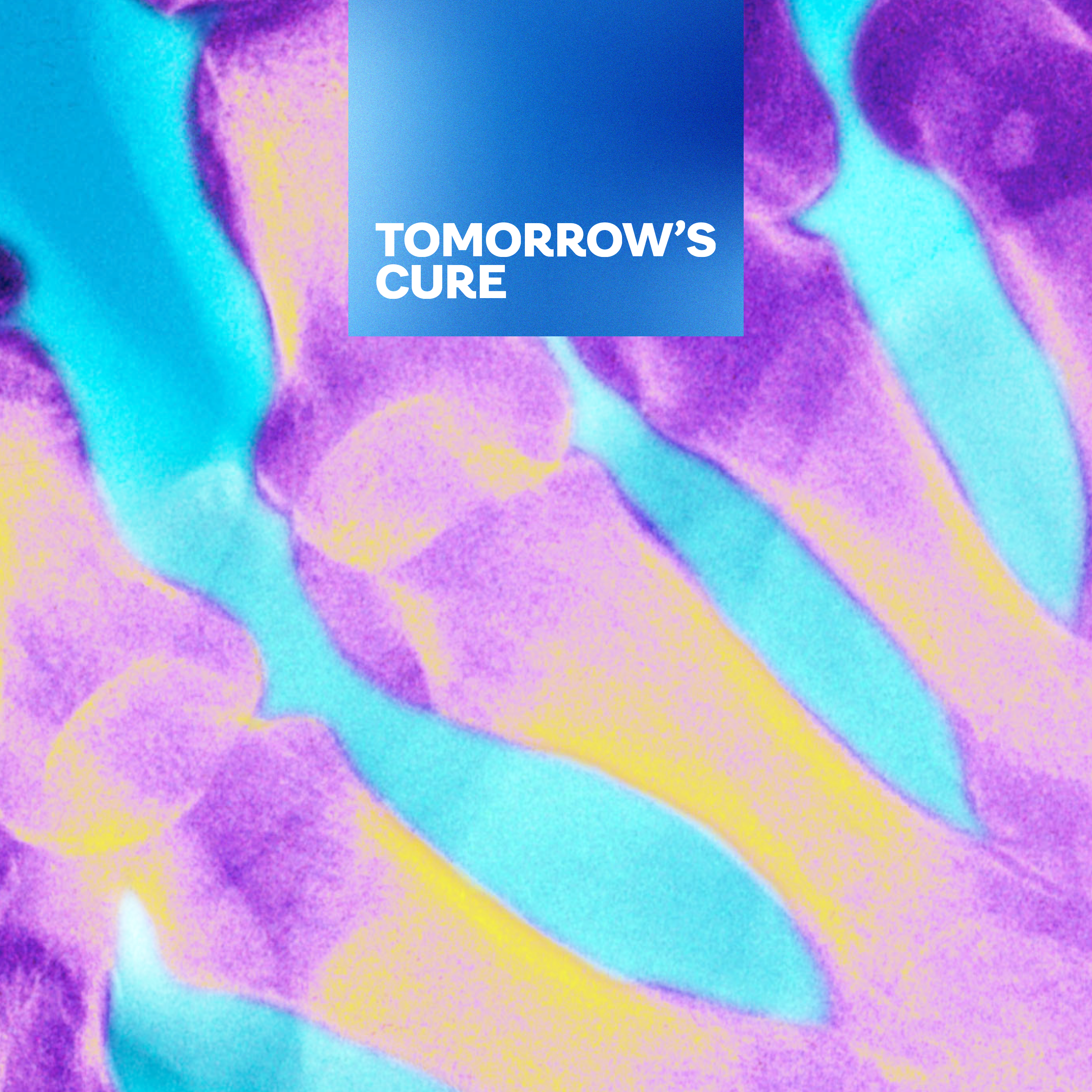-
Featured News
Study reveals major health issues U.S. breast cancer survivors face following diagnosis

Researchers found most women who survive breast cancer beyond 10 years are at risk to develop serious medical conditions including heart disease, cerebrovascular disease and Alzheimer’s disease
Overall survival of patients with breast cancer in the U.S. has significantly improved over the past two decades. However, as breast cancer survivors live longer, their risk of developing other serious medical conditions also increases, according to a Mayo Clinic-led study published in the journal Cancer.
The retrospective study provides the largest and most recent population-based, long- term analysis to date of non-cancer causes of death among women diagnosed with breast cancer. It also provides a detailed assessment of changes in the risk of each cause of death, compared to those in the general U.S. population over the same period.
The researchers reviewed the data of 754,270 women who had breast cancer diagnosed from 2000 to 2015. Most patients studied were older than 50.
38.6% were older than 64; 37.5% were between 50–64 years; and 23.8% were younger than 50.
The study found:
- The greatest proportion of deaths among those studied occurred within one to five years after diagnosis. Most deaths occurred from breast cancer or other cancers.
- The number of breast cancer-related deaths decreased as more years passed after diagnosis.
- The most common non-cancer causes of death within 10 years of diagnosis were heart disease followed by cerebrovascular disease.
- The most common non-cancer causes of death 10 years or more after diagnosis were heart disease followed by Alzheimer's disease, cerebrovascular disease and chronic obstructive pulmonary disease.
- There was a statistically significant higher risk of death from chronic liver disease and cirrhosis within five to 10 years after diagnosis, compared to the general U.S. population.
- There was a statistically significant higher risk of death from Alzheimer's disease, heart disease and non-breast cancers more than 10 years after diagnosis, compared to the general U.S. population.
"Our findings emphasize how important it is for breast cancer survivors to discuss potential long-term health risks with their health care providers so that screenings and tests for other medical conditions could be proactively planned as part of their ongoing care," says Mohamad Sonbol, M.D., a Mayo Clinic oncologist and senior author of the study.
Journalists: Broadcast-quality video with Dr. Sonbol is available in the downloads at the end of this post. Please "Courtesy: Mayo Clinic News Network."
Researchers also involved in this study are Donald Northfelt, M.D., Mayo Clinic; Ahmed Afifi, M.B., B.Ch., Ain Shams University; Anas Saad, M.D., Ains Shams University and The Miller Family Heart & Vascular Institute of Cleveland Clinic; Muneer Al-Husseini. M.D., Ascension St. John Hospital; and Ahmed Osama Elmehrath, Cairo University.
About Mayo Clinic
Mayo Clinic is a nonprofit organization committed to innovation in clinical practice, education and research, and providing compassion, expertise and answers to everyone who needs healing. Visit the Mayo Clinic News Network for additional Mayo Clinic news and An Inside Look at Mayo Clinic for more information about Mayo.







